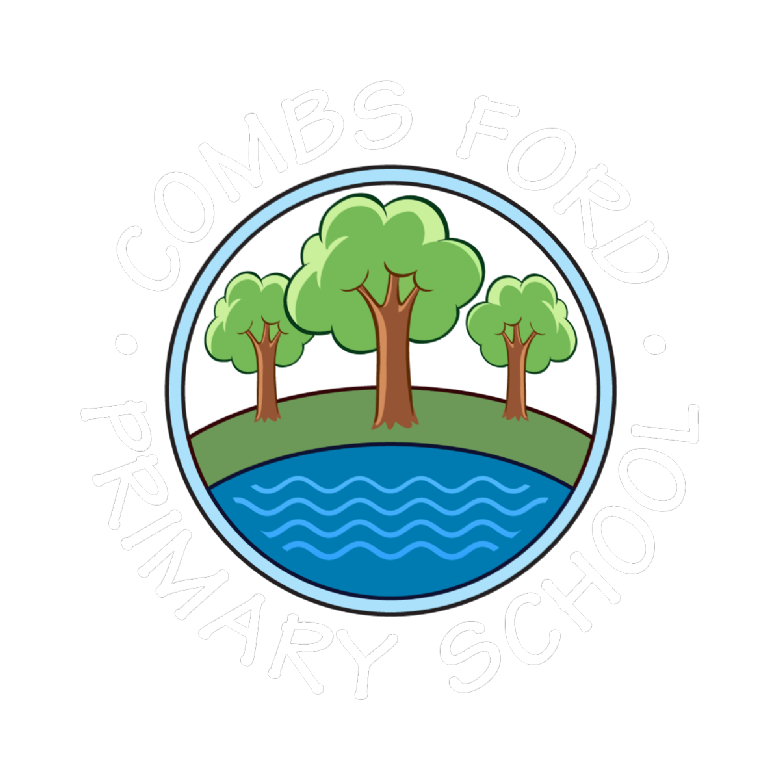SMSC
SMSC stands for spiritual, moral, social and cultural development. All schools in England must show how well their children develop in SMSC.
At Combs Ford Primary School we recognise that the personal development of children – spiritually, morally, socially and culturally (SMSC) – plays a significant part in their ability to learn and achieve.
Our curriculum aim is to enable all our children to become:
- Successful learners who enjoy learning, make progress and achieve.
- Confident individuals who are able to lead safe, healthy and fulfilling lives.
- Responsible citizens who make a positive contribution to society.
Through SMSC we can promote values and beliefs; spiritual awareness; high standards of personal behaviour; a positive, caring attitude towards other people; an understanding of their social and cultural traditions and an appreciation of the diversity and richness of the cultures in the United Kingdom and the wider world. SMSC is part of our whole school experience and is linked to everything our school does.
SMSC coverage across our school can be found in the document below.
Defining SMSC
Ofsted’s School Inspection Handbook outlines the definitions for each SMSC area as:
Spiritual Development
- Ability to be reflective about their own beliefs (religious or otherwise) and perspective on life.
- Knowledge of, and respect for, different people’s faiths, feelings, and values.
- Sense of enjoyment and fascination in learning about themselves, others, and the world around them.
- Use of imagination and creativity in their learning.
- Willingness to reflect on their experiences.
Moral Development
- Ability to recognise the difference between right and wrong and to readily apply this understanding in their own lives, and to recognise legal boundaries and, in doing so, respect the civil and criminal law of England.
- Understanding of the consequences of their behaviour and actions.
- Interest in investigating and offering reasoned views about moral and ethical issues and ability to understand and appreciate the viewpoints of others on these issues
Social Development
- Use of a range of social skills in different contexts – for example, working and socialising with other pupils, including those from different religious, ethnic and socio-economic backgrounds.
- Willingness to participate in a variety of communities and social settings, including by volunteering, cooperating well with others and being able to resolve conflicts effectively.
- Acceptance of and engagement with the fundamental British values of democracy, the rule of law, individual liberty and mutual respect and tolerance of those with different faiths and beliefs. They will develop and demonstrate skills and attitudes that will allow them to participate fully in and contribute positively to life in modern Britain.
Cultural Development
- Understanding and appreciation of the wide range of cultural influences that have shaped their own heritage and that of others.
- Understanding and appreciation of the range of- different cultures in the school and further afield as an essential element of their preparation for life in modern Britain.
- Ability to recognise, and value, the things we share in common across cultural, religious, ethnic and socio-economic communities.
- Knowledge of Britain’s democratic parliamentary system and its central role in shaping our history and values, and in continuing to develop Britain.
- Willingness to participate in and respond positively to artistic, musical, sporting and cultural opportunities.
- Interest in exploring, improving understanding of, and showing respect for different faiths and cultural diversity and the extent to which they understand, accept, and celebrate diversity. This is shown by their respect and attitudes towards different religious, ethnic and socio-economic groups in the local, and global communities.
Subject Leader: Mrs Louise Lambert
